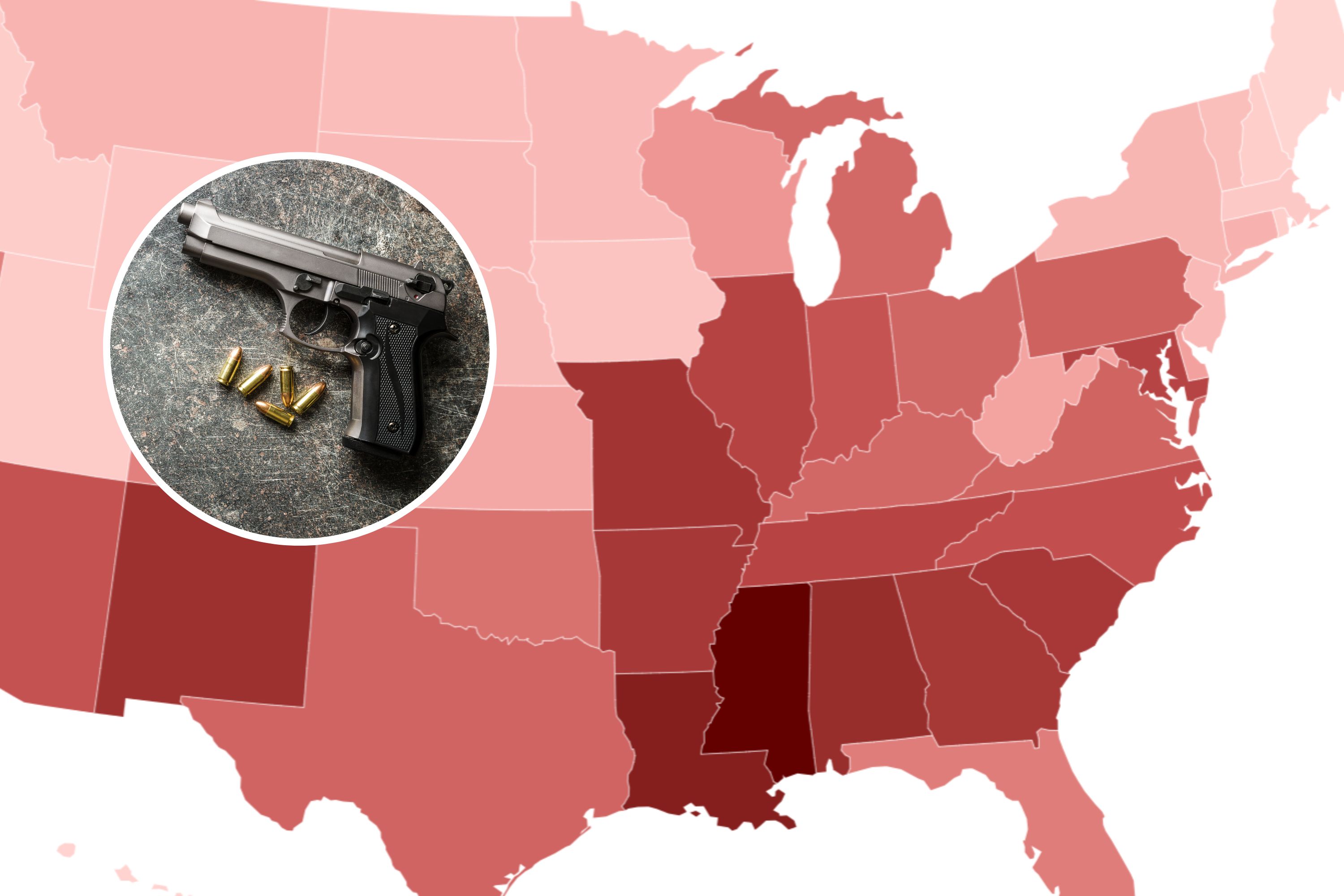Brain scans have revealed just how the COVID-19 pandemic impacted teenagers' mental health.
At a time when mental health among teenagers was already declining, scientists have recorded just how the pandemic may have made things even worse, in a report set to be presented by the Society for Neuroscience.
"The adolescent brain is still developing and vulnerable to external and internal factors," Elizabeth Powell, program officer, Division of Neuroscience and Behavior, National Institute on Alcohol Abuse and Alcoholism said in a release detailing the new findings. "The abstracts in this group show that major stressors in teenagers' lives, including those associated with the pandemic and mood disorders, may have significant effects on the way their brains are structured and organized, with potential implications for their mental health."
The study found that the pandemic introduced new stressors for young adults that were not there before.

Scientists found that, when scanning adolescent brains after the pandemic, there were structural changes present that are usually "associated with chronic stress."
This area of research, led by Patricia Kuhl, a professor of Speech and Hearing Sciences at the University of Washington, also found evidence of "abnormal and premature" thinning of the brain's cortical surface—the outer layer of the brain.
This area naturally thins during aging. But it is abnormal for it to be so thin among teenagers. Abnormal thinness suggests high levels of chronic stress and trauma, the findings said. Scientists found that this was more prominent in female adolescents than males.
"We don't know yet what caused this accelerated aging and particularly the greater effects on females," Kuhl told Newsweek. "One hypothesis is social isolation and the anxiety and loss of well-being that the lockdown promoted, especially in females.
"We will be able to answer these questions because we have tons of data on these same teens—social media use, cognitive measures, surveys of their sense of well being and anxiety and depression. We also have brain measures (MEG) that examine their ability to learn new material. Cortical thinning is associated with reduced neural plasticity (i.e. ability to learn) so it's a reasonable hypothesis. We will eventually know the answers to each of these questions. We've just gotten started!"
The second part of the research, led by Caterina Stamoulis Associate Professor of Pediatrics at Harvard University, focused on adolescents' brain circuits before the pandemic started. Using data from the existing Adolescent Brain Cognitive Development (ABCD) study, brain scans found that teenagers with weaker brain circuits may have been more vulnerable to the negative effects of the pandemic and its stressors.
The number of adolescents suffering from mental health issues is increasing, the Centers for Disease Control and Prevention (CDC) confirmed.
The pandemic also highlighted the importance of schools in supporting young adults, the CDC said. During the height of the pandemic, schools shut in order to slow the spread of the virus. But this could have been a huge contributor in the decline of teenage mental health.
The CDC reports that schools provide opportunities for young people to be social, as well as engage in physical activity.
When school shut, it increased "the burden on parents," which subsequently increased stress on family units, the CDC reported.
Mental health issues also tend to impact certain groups more than others.
LGBTQ+ teens, females, and those from minority racial and ethnic groups, all tend to experience a higher rate of mental health issues
The CDC reports that 45 percent of LGBTQ+ students considered suicide in 2021. Black students were also more likely to attempt suicide than those from other races and ethnicities.
Update 11/14/23, 10:48 a.m. ET: This article was updated with comment from Professor Patricia Kuhl.
Uncommon Knowledge
Newsweek is committed to challenging conventional wisdom and finding connections in the search for common ground.
Newsweek is committed to challenging conventional wisdom and finding connections in the search for common ground.
About the writer
Robyn White is a Newsweek Nature Reporter based in London, UK. Her focus is reporting on wildlife, science and the ... Read more





